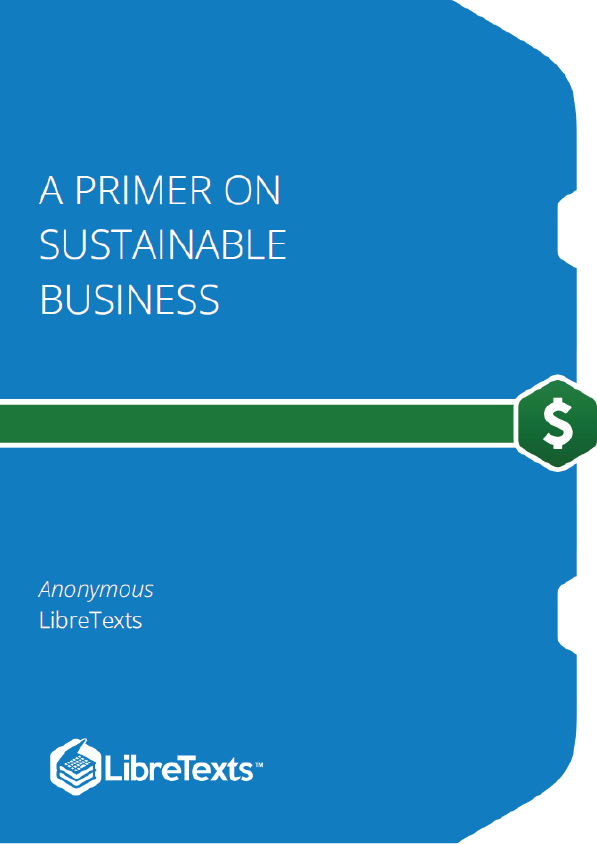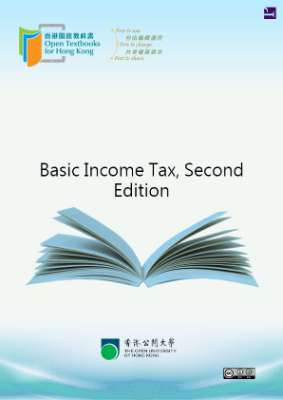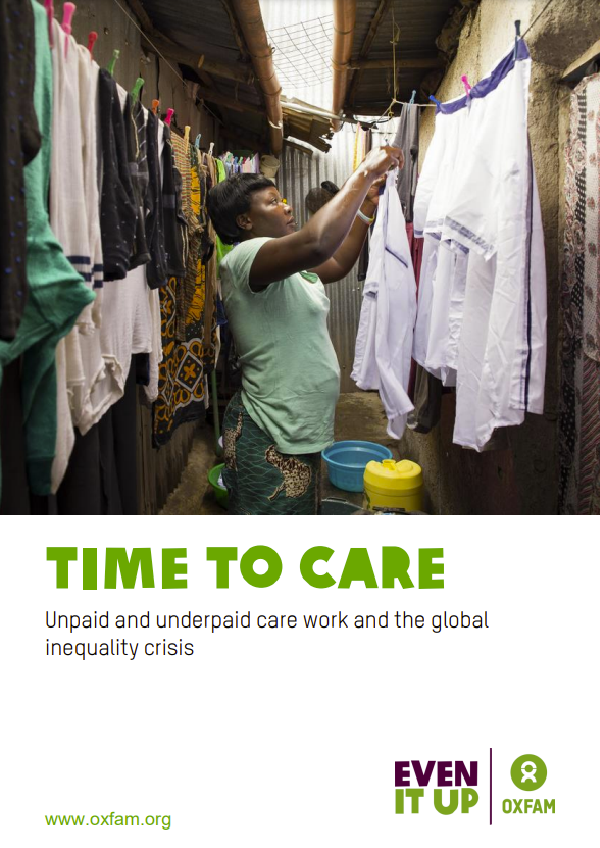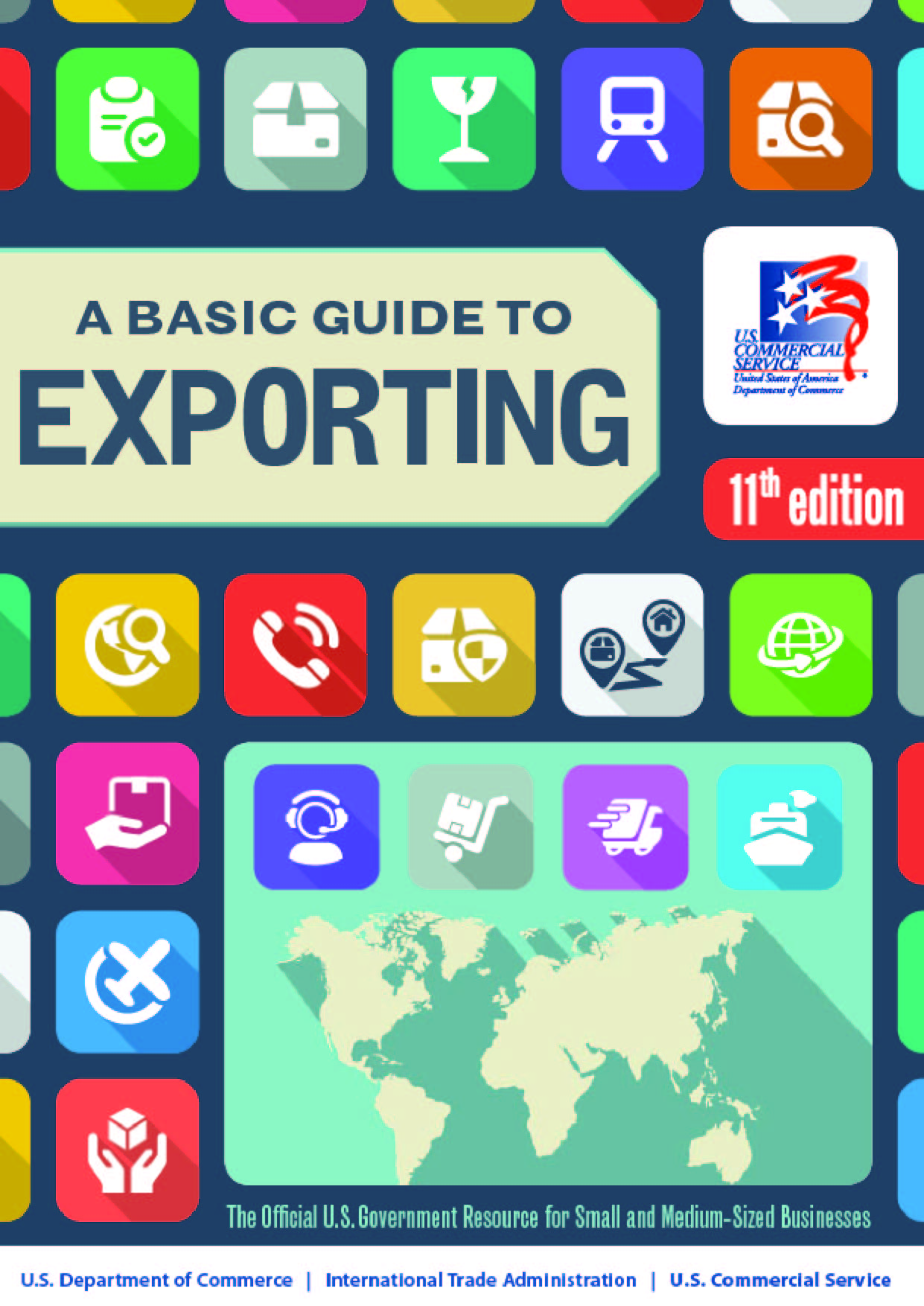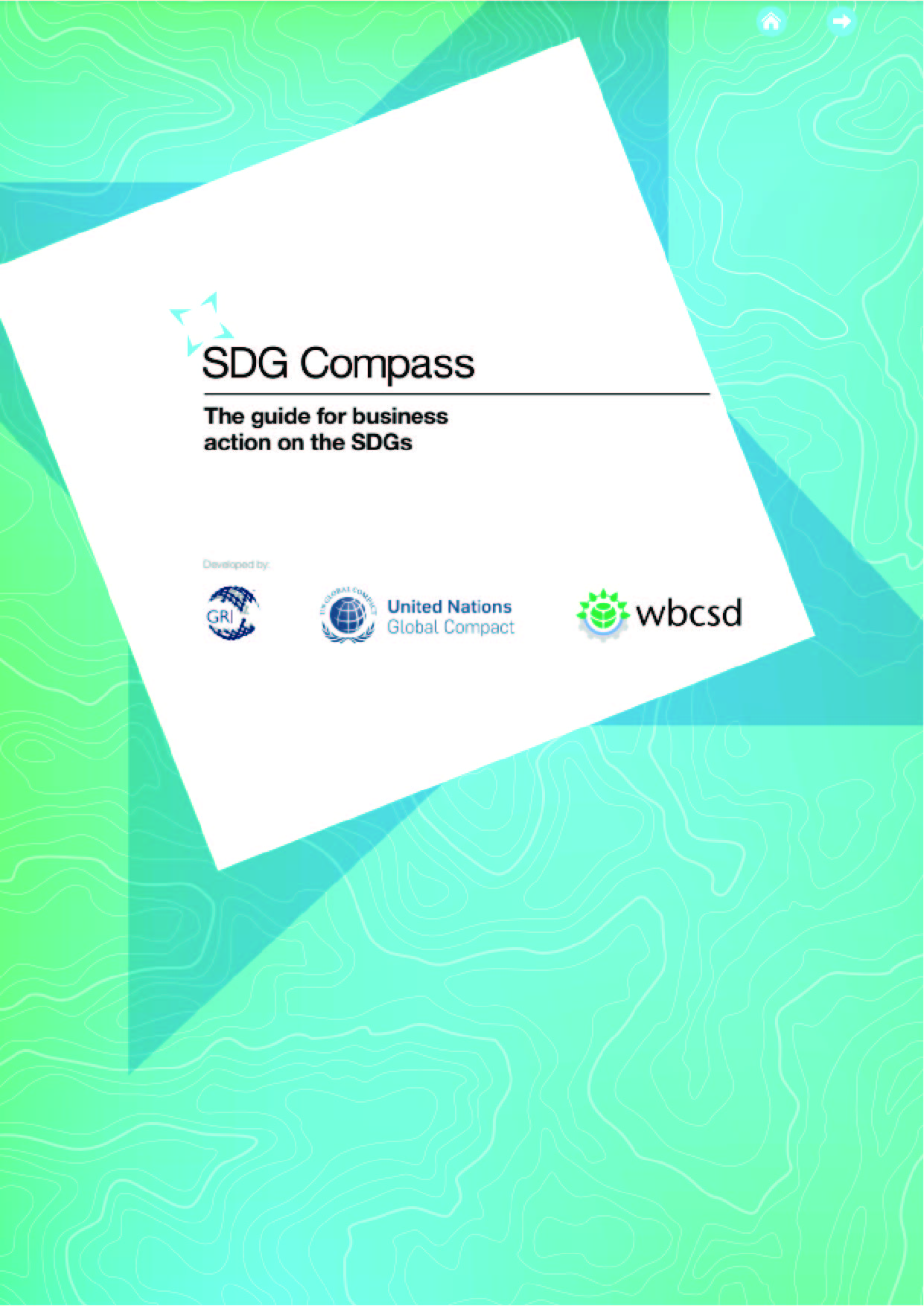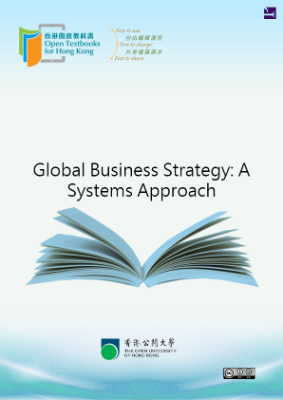The first dimension of a sustainable business is its performance relative to societies and social justice, often referred to as social impact. While there is no easy solution for reducing social costs while improving corporate performance and profitability, social impact should not be overlooked. The social impact of a business’s operations is viewed both internally and externally and ensures that the business’s entire operations across the supply chain are socially responsible and ethical.
Internally, the social impact of a business often refers to practices related to employees and employment with the business. The sustainable business’s social impact would include such items as the business’s practices and policies related to working conditions, diversity in hiring, opportunities for advancement for women and minorities, lack of discrimination, and the provision of affordable health care and other necessary benefits. In addition, social impact includes wages, breaks, adherence to employment laws, safety, training, and numerous other specific labor practices. Finally, social impact includes the impact on the local public and social services sector as a result of the business’s activities. These are only a sample of the many items considered within the social impact of a business’s operations. Many of these internal social impacts are discussed in greater detail in Chapter 3 “Human Resources”.
The sustainable business is not only expected to treat its employees in a responsible manner but also ensure that it is engaged with suppliers that share similar values. That is, a sustainable business is also concerned for the labor practices and working conditions of companies within its supply chain to ensure that the supplies and products it purchases were produced responsibly and ethically. Sustainable businesses will make reasonable efforts to ensure they are not purchasing from suppliers engaged in the use of sweatshops, child labor, or other human rights abuses. In some cases, businesses have worked diligently with suppliers to correct these problems, while in other cases businesses have chosen to change suppliers.
When sourcing products from outside an industrialized country, some sustainable businesses will seek Fair Trade products. Fair Trade certification verifies that living wages were paid to producers and that fair and ethical employment practices were used in the creation of products. Many agricultural goods and handicraft items are Fair Trade certified.
In addition to employment practices, social impact refers to respect of others. This entails the respect of individuals and other businesses encountered locally and around the world. A sustainable business will make reasonable efforts to ensure its policies, practices, products, advertising, logo or mascot, and other aspects of the business are not offensive or disrespectful to clients in the global market. See Note 2.3 “Tips to Increase Your Social Impact” for tips on how to increase the social impact of your business.
Tips to Increase Your Social Impact Have you considered where your coffee, chocolate, clothing, or other products come from and the conditions under which they were produced? Social impact is one of the three pillars of a sustainable business, but it can be difficult to define and even more difficult to track and measure.
